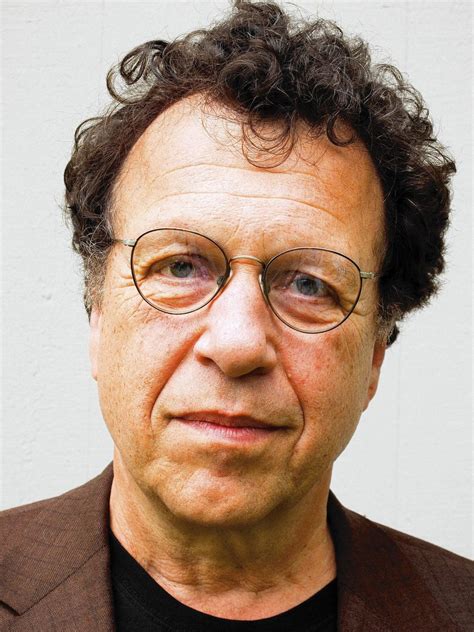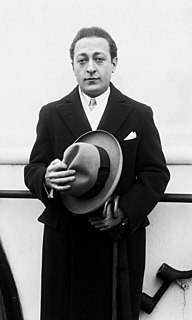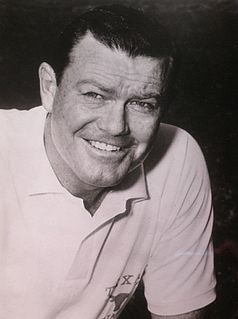A Quote by Scott Spencer
I try to keep a steady pace with my writing. I have found that super-productive days are usually followed by two and even three days when I can hardly write a word. I used to try for 1000 words a day; now I am high-fiving myself after 500.
Related Quotes
I procrastinate in spades. In my defence, I also try to have all other distractions solved before I can concentrate on writing. My small theory is that to write for three hours, you need to feel like you have three days. To write for three days, you need to feel like you've got three weeks, and so on.
If you are angry, why not try this. Write a letter. Pour out all of your feelings, describe your anger and disappointment. Don't hold anything back. Then put the letter in a drawer. After two days, take it out and read it. Do you still want to send it? I've found that anger and pie crusts soften after two days.
I try to write every day. I don't beat myself up about word counts, or how many hours are ticking by on the clock before I'm allowed to go and do something else. I just try to keep a hand in and work every single day, even if there are other demands or I'm on a book tour or have the flu or something, because then I keep my unconscious engaged with the book. Then I'm always a little bit writing, no matter what else I'm doing.
If you do not wish to be prone to anger, do not feed the habit; give it nothing which may tend to its increase. At first, keep quiet and count the days when you were not angry: "I used to be angry every day, then every other day: next, every two, then every three days!" and if you succeed in passing thirty days, sacrifice to the gods in thanksgiving.
I used to be a pre-industrial writer: thousands of words in a spurt and then a few days off. But as I get older, I've switched to a mode best described as 'slow and steady wins the race.' Basically, I write during the same four hours every day, after breakfast and the all-important coffee, generally in the same room and wearing the same pajamas.
The death, and the burial, and the resurrection of Jesus happened over three days. Friday was the day of suffering and pain and agony. Saturday was the day of doubt and confusion and misery. But Easter, that Sunday, was the day of hope and joy and victory. You will face these three days over and over and over in your lifetime. And when you do, you’ll find yourself asking, as I did, three fundamental questions: Number one, what do I do in my days of pain? Two, how do I get through my days of doubt and confusion? Three, how do I get to the days of joy and victory? The answer is Easter.



































